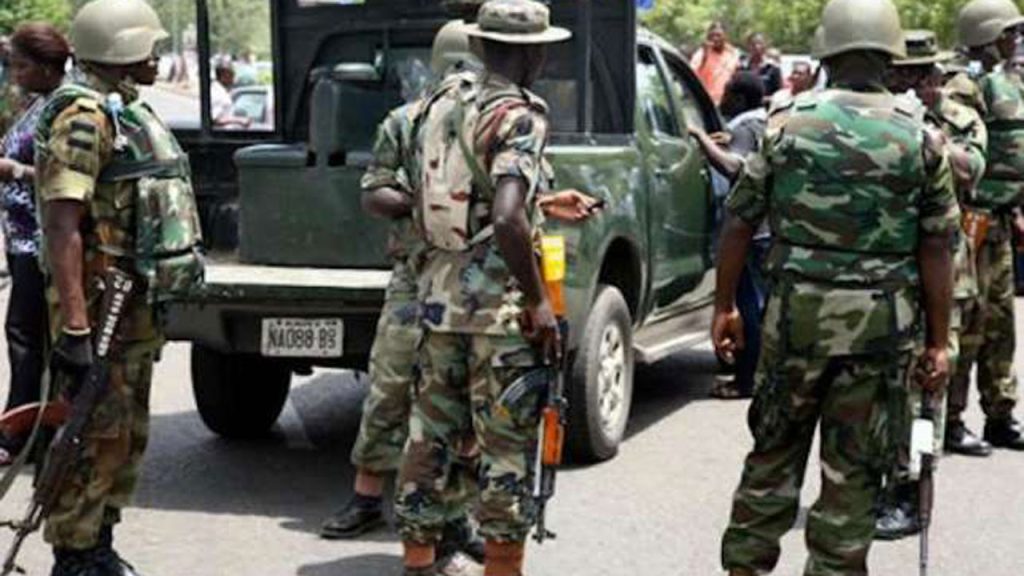A recent report by SBM Intelligence, titled ‘West Africa Security and Political Economy,’ provides an in-depth analysis of the region’s security situation, political landscape, alongside travel and deal advisory.
This comprehensive overview is designed to help the public stay informed about potential risks and take appropriate measures to avoid and mitigate them.
Nigeria is facing a severe security crisis marked by farmer-herder conflicts, gang violence, and terrorist activities. The recent mass abduction in Munya underscores the weaknesses in Nigeria’s security infrastructure, with Boko Haram and possibly Al Qaeda exploiting these vulnerabilities.
The Northeast continues to be a hotspot for terrorist attacks, targeting farmers and fishermen, with Boko Haram maintaining a threatening presence.
In the Northwest, persistent banditry and farmer-herder conflicts have led to significant violence and displacement, destabilising agricultural activities and worsening food insecurity. The government’s inability to quell these threats is alarming, particularly with the rainy season approaching, which is critical for farming.
The Southeast experienced violence during the Biafra-Day sit-at-home order, indicating the growing influence of the Indigenous People of Biafra (IPOB) militants. This has led to military clampdowns, further escalating tensions in the region.
In Edo State, gang violence has claimed over 200 lives in two years, revealing the government’s lack of effective response. This violence has disrupted community stability and development. The Southwest is grappling with cult clashes between the Aiye and Eiye groups, highlighting a public safety crisis that demands comprehensive government intervention.
Threat Assessment
Terrorist groups are rapidly finding new grounds, with incidents in Munya, the Northeast, Northwest, Southeast, and Southwest regions illustrating the escalating violence and the inadequacies of the security forces. The continuous gang violence, political instability, and attacks on civilians and military personnel are indicators of a deepening security crisis that requires urgent and effective measures.
The incidents are analysed based on:
• Threat Type
• Regional Analysis for Potential Recurrence
• Political Economy, Travel, and Deal Advisory
Detailed Report
Nigeria is grappling with a multifaceted security crisis characterised by farmer-herder conflicts, gang violence, and escalating terrorist activities. The recent mass abduction in Munya, the fourth such incident this year, starkly highlights the fragility of Nigeria’s security apparatus. The Local Government Area (LGA) harbours rival factions of Boko Haram, with reports suggesting Al Qaeda’s possible presence.
This attack underscores the inadequate security personnel and their sluggish response times, allowing terrorists to operate with impunity. The Nigerian Army’s withdrawal from the region three years ago, after relentless attacks, has only exacerbated the situation, leaving civilians vulnerable and undermining public trust in the government’s ability to protect its citizens. Addressing these security lapses necessitates a comprehensive strategy encompassing both military and non-military measures to tackle the root causes of instability.
In the Northeast, the brutal targeting of farmers and fishermen by Boko Haram continues unabated. This recent attack mirrors the November 2020 massacre of over 70 rice farmers in Borno State, highlighting the ongoing threat.
The failure of fishermen to vacate the area has fuelled suspicions of their collaboration with the military, with the Islamic State West Africa Province (ISWAP) issuing directives for civilians to leave the Kukawa area, indicating a looming confrontation.
The Northwest is plagued by conflicts between farmers, herders, and bandits, resulting in numerous casualties and displacements.
Despite farmers paying hefty levies to bandits for protection, attacks persist, reflecting the inefficacy of such measures. The relentless violence disrupts agricultural activities, the backbone of the local economy, leading to reduced output and food insecurity. With the rainy season crucial for farming on the horizon, the urgency for effective and sustained security measures cannot be overstated. Ensuring the safety of farmers and herders is vital for regional stability and economic well-being.
In the Southeast, the annual Biafra-Day sit-at-home order was marred by violence, particularly in Abia, where IPOB militants are gaining ground. The mixed compliance with the order and subsequent military crackdown, especially after the killing of soldiers, underscores the volatile situation. The government’s response to these tensions will significantly impact the region’s stability.
Edo State’s ballooning gang violence, with over 200 fatalities in two years, indicates a severe governance failure. This violence, while primarily targeting gang members, also affects families and businesses, disrupting social order and development. Addressing this issue requires governmental mediation, local governance improvement, and security enhancement to restore peace and stability.
The Southwest’s persistent cult clashes between Aiye and Eiye groups, despite security efforts, signify an escalating public safety crisis. Comprehensive government intervention is essential, involving mediation, law enforcement strengthening, and community engagement to address the root causes of cultism, such as poverty and unemployment. Implementing youth programmes and ensuring judicial action against perpetrators are crucial steps towards restoring peace and enhancing public safety.
Finally, Nigeria’s current security landscape is characterised by a rapid escalation of terrorist activities, banditry, and gang violence across various regions. The government’s efforts must focus on comprehensive strategies that address both immediate security threats and underlying socio-economic factors to restore stability and public confidence. The challenges are immense, but with coordinated and sustained efforts, it is possible to mitigate these risks and safeguard the nation’s future.

